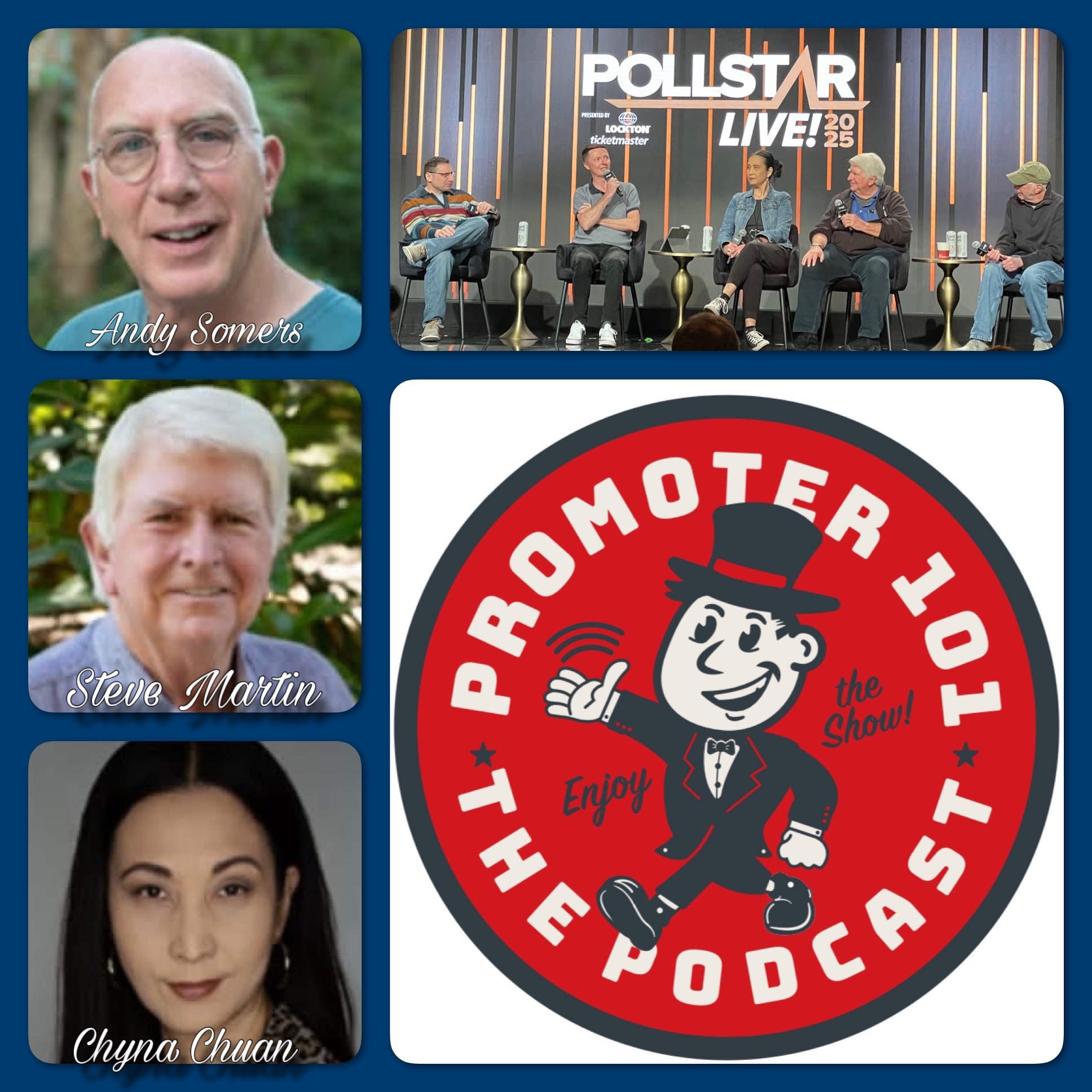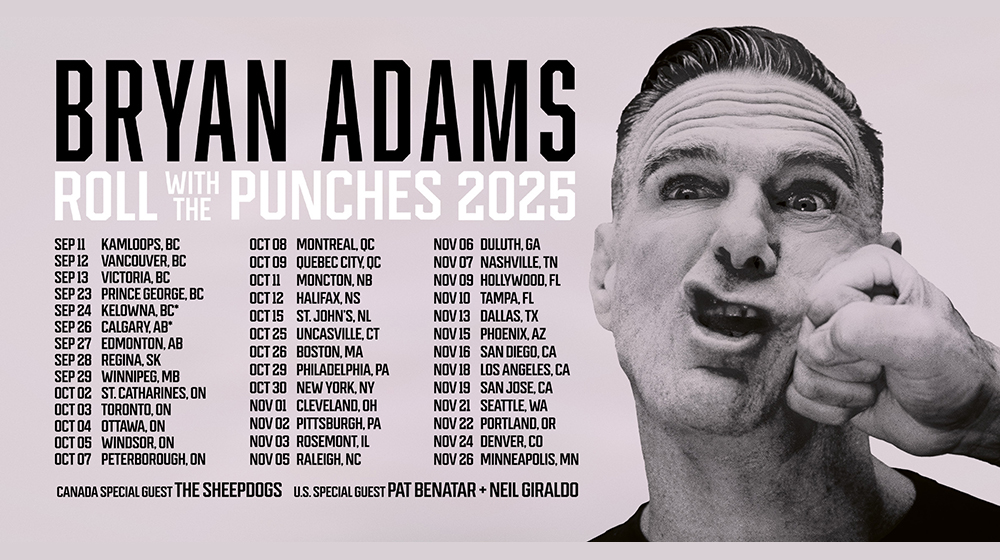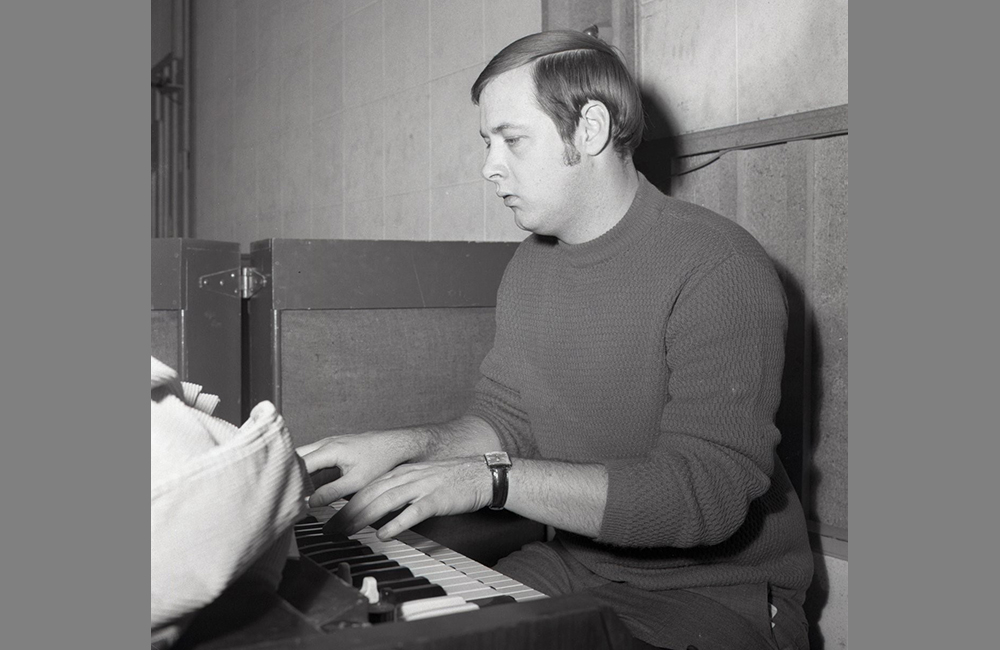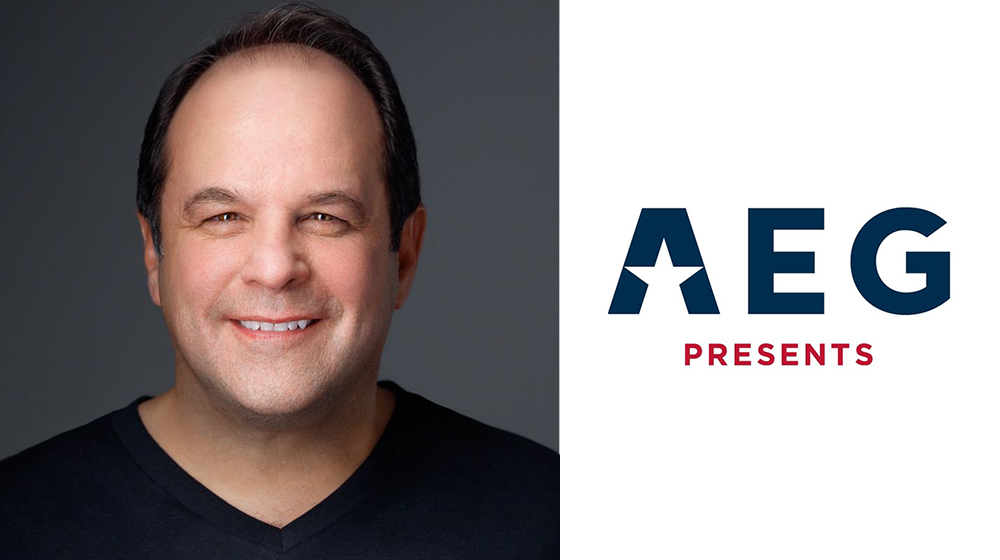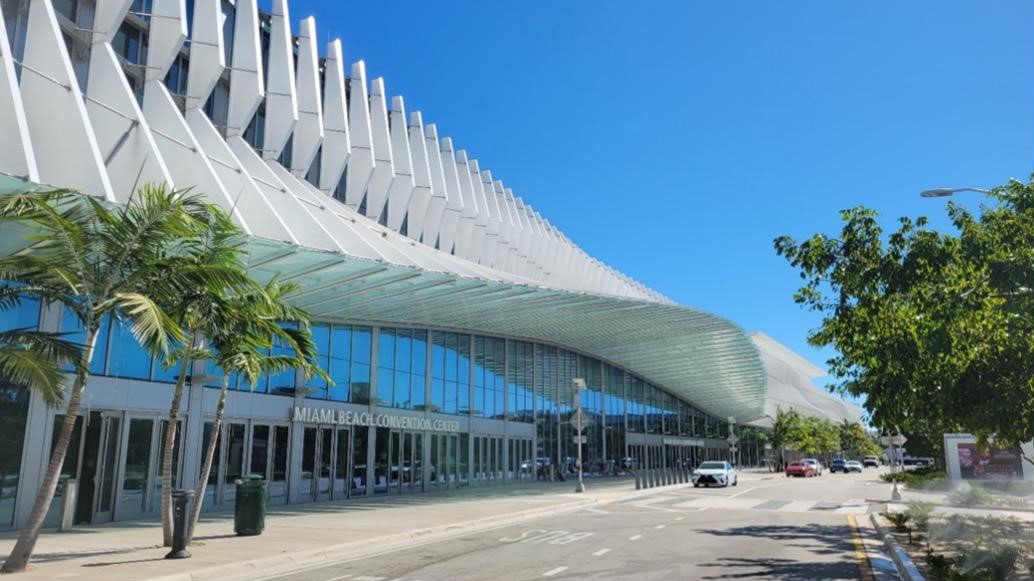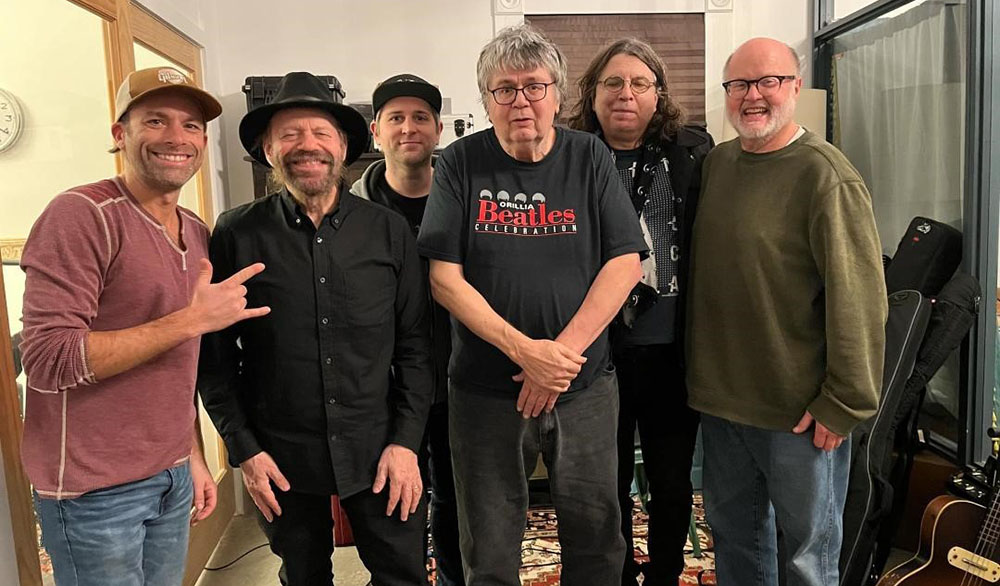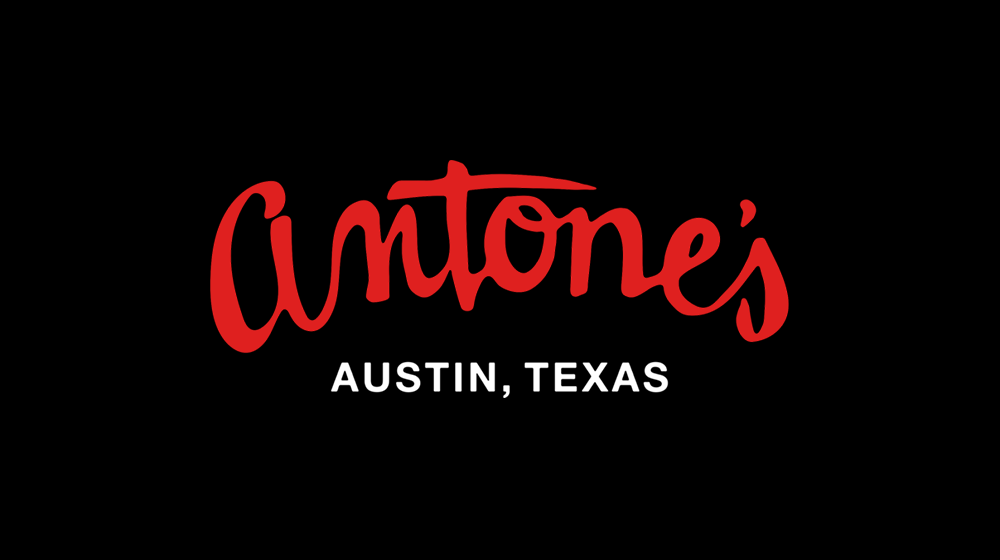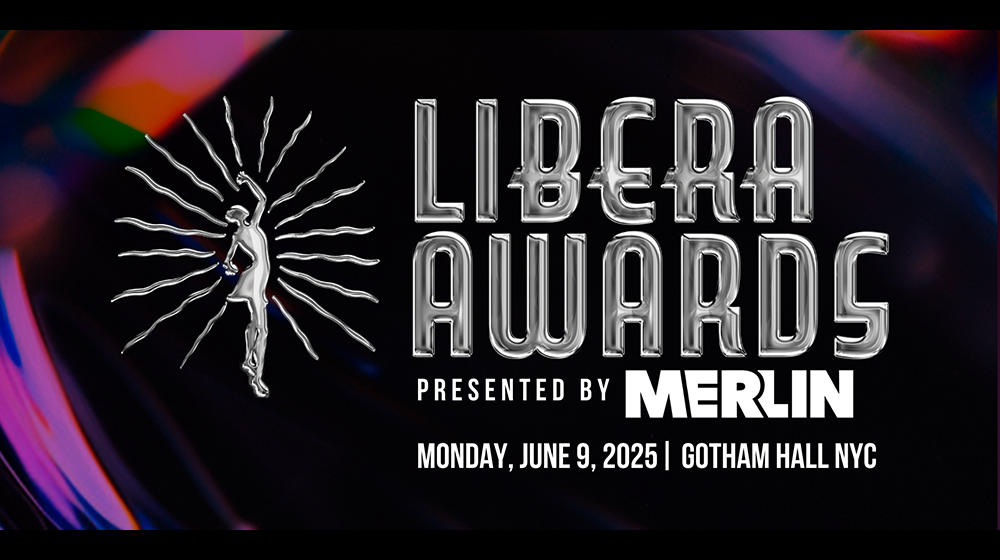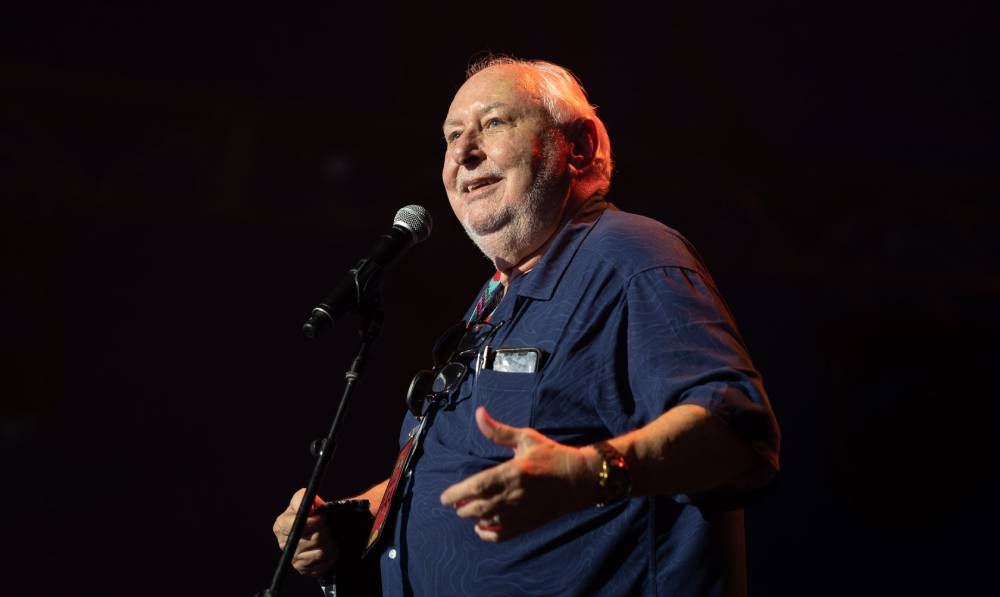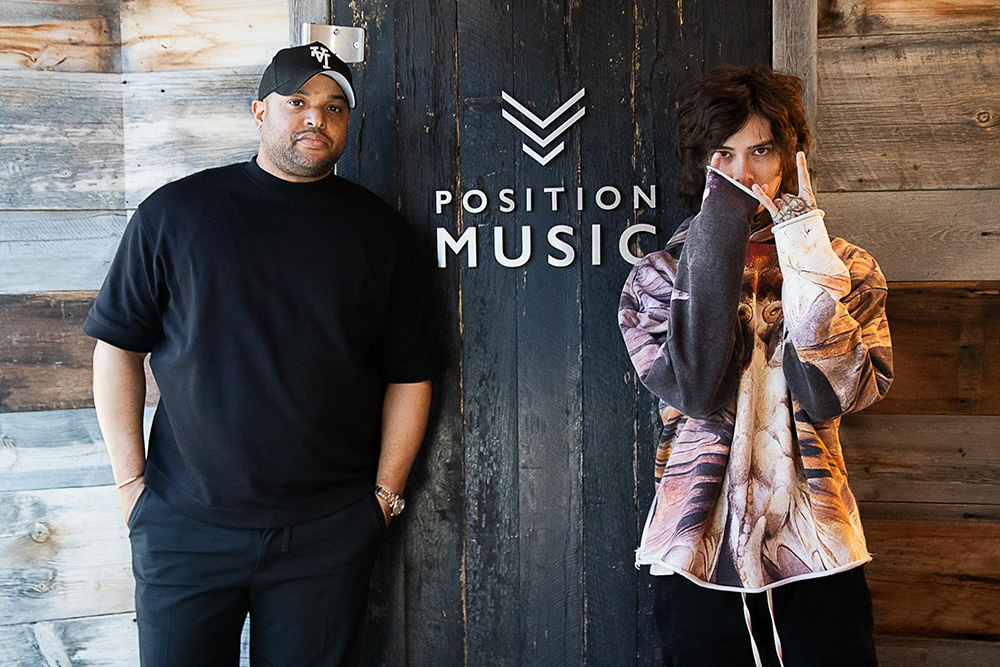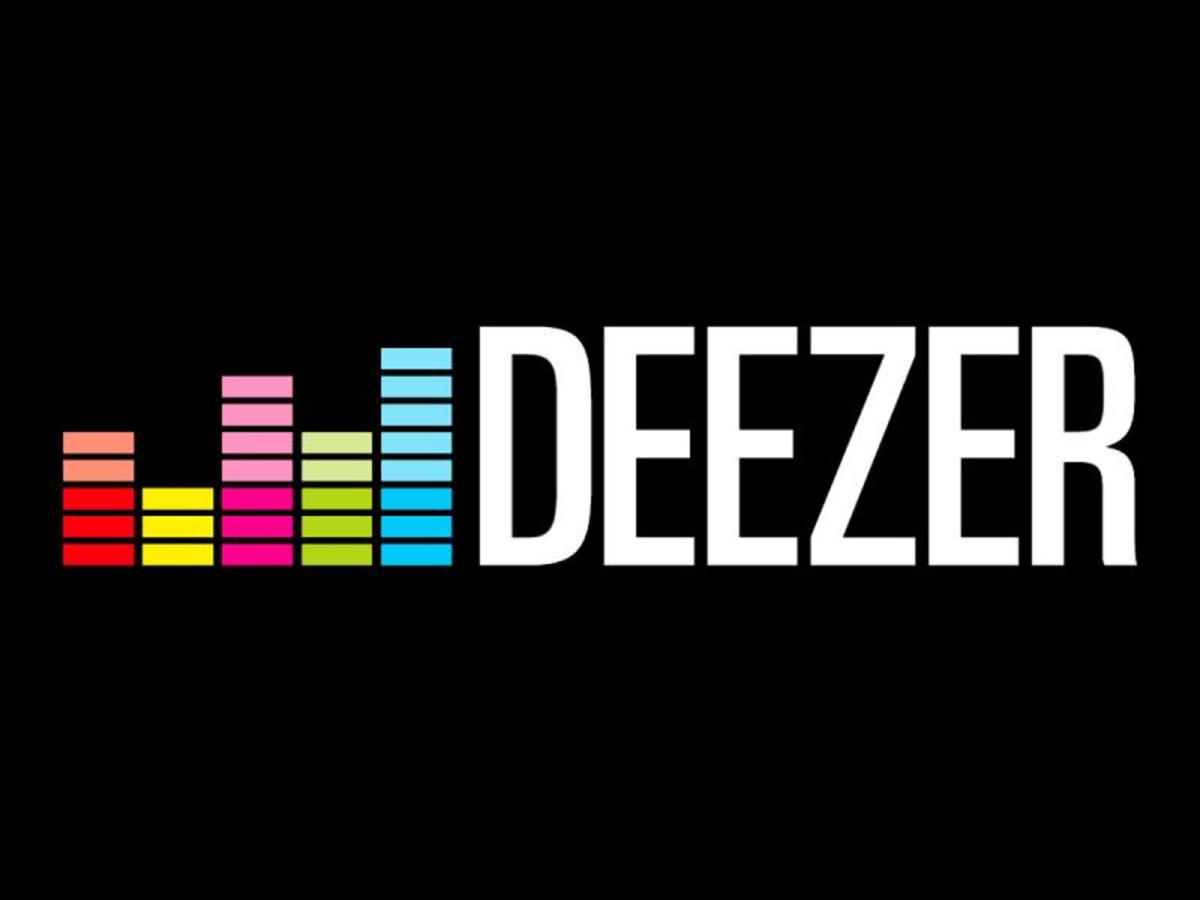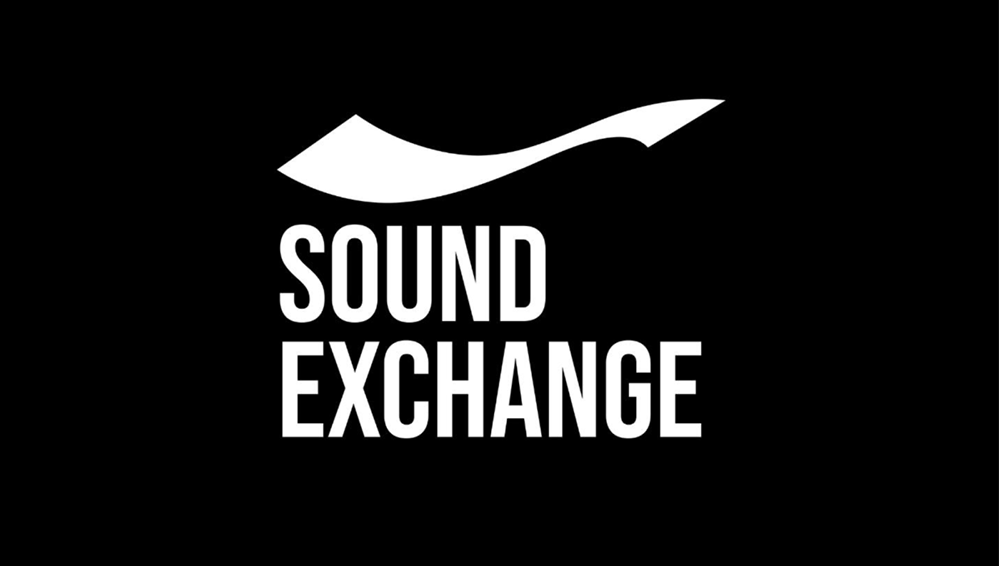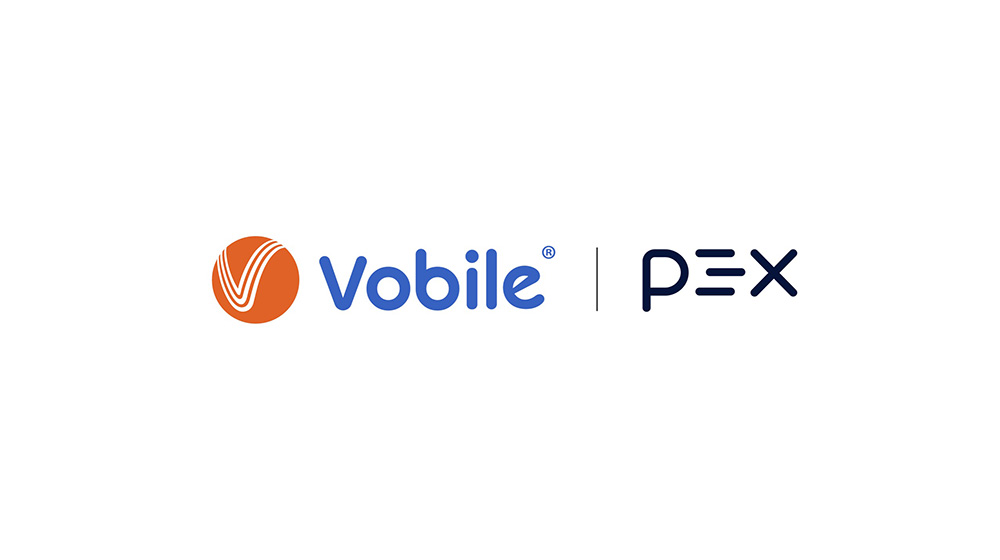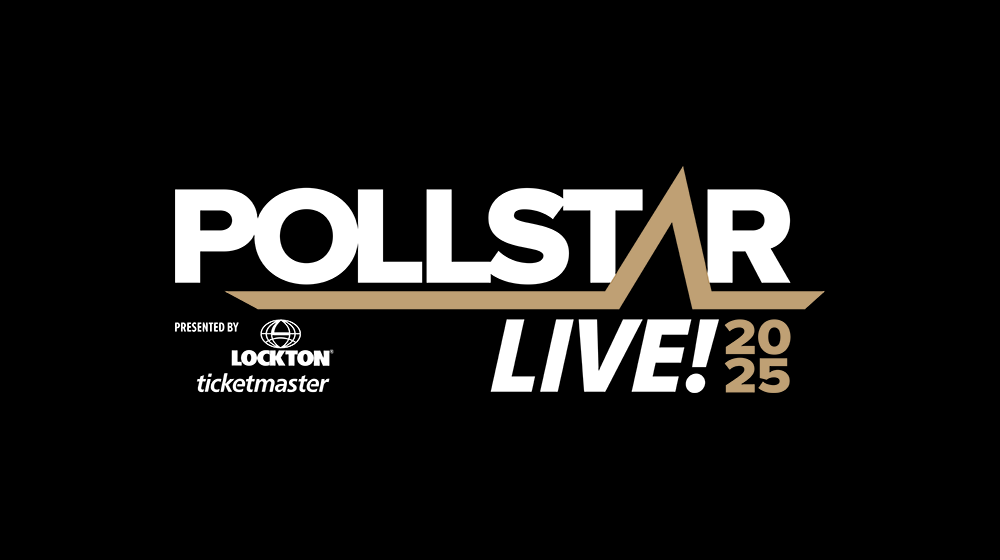
(Hypebot) –Upset that tickets for his upcoming show are being sold at absurdly inflated prices on ticket reseller sites, Ed Sheeran's recent woes are drawing attention on an aspect of the music industry that has long been in need fixing.
—————————————————-
Guest Post by Mark Mulligan on his Music Industry Blog
Ed Sheeran has hit the news, bemoaning the inflated prices that tickets for his forthcoming tour are being sold at on ticket reseller websites. Some tickets have sold for as much as £999, compared to the original face value of £77. As the chart below shows, even the standard resold tickets are selling for up 5 times the original price.
Sheeran is in the fortunate position of being one of the most in demand artists of the moment, but the broken nature of the ticketing market is locking his core fans out of his gigs. It is just the latest example of an industry in dire need of change:
But isolated action is not enough. Unless artists, managers and labels act together, to take a bold stance, change will not happen. And the losers then will be the fans.




























